In today’s global marketplace, effective logistics management is crucial for businesses looking to import goods from China to the UK. Navigating the complexities of international shipping can be daunting, with various regulations, time constraints, and cost considerations at play. This is where a shipping agent comes into the picture, serving as an essential intermediary that facilitates the smooth transport of goods across borders. Whether you’re a seasoned importer or new to the world of international trade, understanding the role of shipping agents and the benefits they provide can greatly enhance your shipping experience. In this guide, we will delve into the intricacies of using a shipping agent, explore the diverse shipping services available, and offer valuable insights on choosing the right partner for your logistics needs.
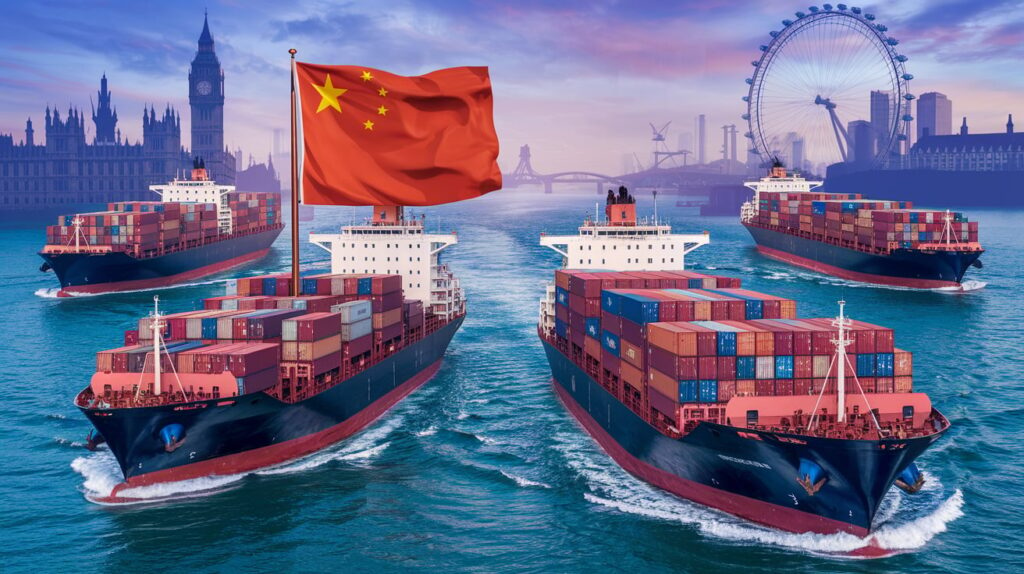
Understanding Shipping Agents
A shipping agent is a representative authorized to act on behalf of shipping lines and freight forwarding companies. They facilitate the movement of goods by managing the logistics involved in the shipment process, including documentation, customs clearance, and coordination with carriers. Shipping agents play an essential role in ensuring that cargo is transported efficiently and cost-effectively from the point of origin to the destination.
Role of Shipping Agents in International Trade
In the realm of international trade, shipping agents serve as crucial intermediaries between importers and exporters. Their responsibilities encompass a wide range of tasks, such as negotiating freight rates, managing shipping schedules, and providing real-time updates on shipment status. By leveraging their knowledge of local regulations and shipping procedures, agents help businesses navigate the complexities of global logistics, mitigate risks, and ensure compliance with international trade laws.
Benefits of Using a Shipping Agent from China to the UK
Cost-Effectiveness of Hiring a Shipping Agent
When importing goods from China to the UK, opting for a shipping agent can significantly reduce costs. Agents have established relationships with carriers and can negotiate better rates than most individual importers can secure on their own. By consolidating shipments and effectively managing logistics, shipping agents help businesses minimize shipping expenses. Additionally, they provide transparent pricing models that outline all potential costs, allowing importers to budget accordingly.
Time-Saving Advantages
Time is a critical factor in international shipping. Employing a shipping agent streamlines the process, allowing for quicker turnaround times. Agents handle all logistical details, including booking cargo space, preparing necessary documentation, and coordinating with customs. This efficiency not only accelerates the shipping timeline but also frees up valuable time for businesses to focus on other critical operations.
Expertise in Customs Clearance
Navigating customs can be challenging without proper knowledge of regulations and procedures. A shipping agent brings valuable expertise in customs clearance, ensuring that all documentation is accurate and compliant with both Chinese and UK customs regulations. They can assist with tariff classifications, duties, and taxes, helping businesses avoid costly penalties and delays associated with customs errors. This specialized knowledge contributes to a smoother and more efficient import process.
Read More:
- Shipping From China To Netherlands
- Shipping From China To Spain
- Shipping From China To Germany
- Shipping From China To France
- Shipping From China to Italy
- Shipping From China To Poland
- Shipping From China to United Kingdom
Types of Shipping Services Offered
Air Freight Services from China to the UK
Air freight is one of the fastest ways to transport goods from China to the UK, making it an ideal choice for time-sensitive shipments. Shipping agents offer a variety of air freight services, including express and standard options, tailored to meet the specific needs of businesses. Utilizing their extensive network of airlines, agents can provide competitive rates and ensure that shipments arrive swiftly and safely. The speed of air freight is particularly beneficial for industries requiring rapid replenishment, such as e-commerce and retail.
Sea Freight Options: Choosing the Right Service
Sea freight, a cost-effective alternative, is commonly used for bulk shipments. Shipping agents facilitate the selection of the most appropriate sea freight service based on factors such as cargo volume, delivery time, and budget. Options include Full Container Load (FCL) and Less than Container Load (LCL) services, each catering to different shipping needs. Agents help clients assess the pros and cons of each option, guiding them in making informed decisions that align with their logistical requirements.
Rail Freight: A Growing Trend in Shipping
Rail freight is emerging as a viable option for transporting goods from China to the UK, particularly for businesses seeking a balance between cost and speed. This method leverages the extensive rail network connecting China to Europe, providing an efficient alternative to traditional shipping routes. Shipping agents can help clients navigate this growing trend, offering insights into transit times, costs, and potential customs challenges associated with rail freight. As sustainability becomes a priority for many businesses, rail freight presents an eco-friendly option compared to air and sea transport.
By utilizing a shipping agent from China, businesses are better positioned to optimize their logistics strategy, ensuring efficient and cost-effective shipment of goods to the UK. For those looking to enhance their international trade operations, partnering with a professional freight forwarder such as Dantful International Logistics can provide comprehensive solutions tailored to specific needs, ensuring a seamless shipping experience.
How to Choose the Right Shipping Agent
Key Factors to Consider When Selecting a Shipping Agent
Choosing the right shipping agent is a critical decision that can significantly impact your business’s logistics efficiency. There are several key factors to evaluate when selecting an agent:
Experience and Expertise: Look for agents with a proven track record in shipping from China to the UK. Their familiarity with both regions’ regulations will ensure smoother operations.
Services Offered: Ensure the agent provides a comprehensive range of services, including customs clearance, warehouse services, and door-to-door shipping. This versatility can save time and effort, as you’ll have a single point of contact for all logistics needs.
Communication and Transparency: Effective communication is essential for successful shipping. Choose an agent who is responsive, provides clear updates on shipment status, and is transparent about pricing and processes.
Reputation and Reviews: Research the agent’s reputation in the industry. Online reviews and testimonials from previous clients can provide insight into their reliability and customer service.
Technology and Tracking Capabilities: An agent that utilizes modern logistics technology for tracking and managing shipments can enhance your overall experience. Look for agents who provide an online tracking system that allows you to monitor your cargo in real-time.
Questions to Ask Your Potential Shipping Agent
When interviewing potential shipping agents, consider asking the following questions to gauge their suitability:
What types of shipping services do you offer?
Understanding their full range of services, including air freight, sea freight, and rail freight, helps determine if they can meet your specific needs.What experience do you have with customs clearance?
Their familiarity with customs regulations will help ensure compliance and avoid delays.Can you provide references from previous clients?
Speaking with past clients can give you valuable insight into the agent’s performance and reliability.What are your pricing structures?
Clarifying pricing helps avoid unexpected costs and enables you to budget effectively.How do you handle tracking and updates?
Understanding their tracking capabilities ensures you can easily monitor your shipment’s progress.
Evaluating Shipping Agent Credentials and Experience
Assessing a shipping agent’s credentials and experience involves examining several elements:
Licenses and Certifications: Ensure your agent holds the necessary licenses and certifications to operate legally. This includes freight forwarding licenses and memberships in professional organizations, which can signify credibility.
Years in Business: The length of time an agent has been in business can be an indicator of stability and experience in the field.
Industry Affiliations: Membership in reputable industry associations can demonstrate a commitment to maintaining high standards and staying updated on industry best practices.
Client Base: A diverse client base across various industries can indicate the agent’s ability to handle different shipping needs effectively.
Shipping Process Overview
Step-by-Step Guide to Shipping from China to the UK
Shipping goods from China to the UK involves several critical steps:
Initial Consultation: Discuss your shipping needs with your chosen shipping agent to determine the best shipping method and service to fit your requirements.
Quotation and Booking: The agent will provide a detailed quotation, including all costs associated with the shipment. Once accepted, a booking is made for cargo space.
Documentation Preparation: Your agent will help prepare the necessary documentation, including the bill of lading, commercial invoice, and packing list.
Customs Clearance: The agent will handle the customs clearance process, ensuring all documentation is accurate and compliant with regulations.
Transportation: Your cargo is transported via the selected method (air, sea, or rail) to the UK.
Final Delivery: Upon arrival in the UK, the agent coordinates final delivery to the designated location, ensuring the cargo reaches its final destination safely.
Understanding Documentation and Compliance Requirements
Accurate documentation is crucial in the shipping process. Key documents typically include:
Commercial Invoice: Details the transaction between the buyer and seller, including descriptions of the goods.
Bill of Lading: Serves as proof of shipment and outlines the terms of transport between the shipper and carrier.
Packing List: Itemizes the contents of each shipment, assisting customs officials in verifying cargo.
Customs Declaration: Required for customs clearance, detailing the nature and value of the goods being imported.
Familiarizing yourself with these documents and their requirements will help facilitate a smoother shipping process and ensure compliance with regulations.
Tracking Your Shipment: What You Need to Know
Monitoring your shipment is vital for peace of mind and operational planning. Here are key points to consider:
Tracking Systems: Many shipping agents provide online tracking systems that allow you to monitor your shipment’s progress in real-time.
Updates: Regular updates from your agent regarding the shipment’s status can help you manage expectations and plan for arrival.
Contact Information: Keep your agent’s contact details handy for any inquiries or concerns that may arise during the shipment process.
By leveraging the expertise of a reliable shipping agent, businesses gain access to streamlined processes and the assurance that their goods will be handled efficiently and safely, ultimately enhancing their logistics operations. Companies like Dantful International Logistics offer comprehensive solutions tailored to your shipping needs, providing professional and reliable support throughout the importation process.
Cost Considerations for Shipping from China to the UK
Breakdown of Shipping Costs: Air vs. Sea Freight
When evaluating shipping costs from China to the UK, understanding the differences between air freight and sea freight is crucial. Each method has distinct cost structures that can significantly affect overall expenses.
| Cost Factor | Air Freight | Sea Freight |
|---|---|---|
| Base Rate | Generally higher due to speed and efficiency | Lower base rates, more economical for large volumes |
| Fuel Surcharge | Typically higher, varies with fuel prices | Lower compared to air freight |
| Customs Fees | Similar customs fees apply to both methods | Similar customs fees apply to both methods |
| Handling Charges | Higher handling charges due to expedited services | Lower handling charges |
| Insurance Costs | Higher for air freight due to faster transit | Generally lower for sea freight |
The choice between air freight and sea freight should be guided by the nature of your cargo, urgency, and budget. For urgent deliveries, air freight is advantageous despite the higher cost, while sea freight is suitable for bulk shipments that are not time-sensitive.
Hidden Fees and How to Avoid Them
Shipping costs can sometimes include hidden fees that may not be immediately apparent. Common hidden charges include:
- Documentation Fees: Charges for preparing and processing shipping documents.
- Storage Fees: Fees incurred if goods are held at customs for an extended period.
- Service Fees: Charges for additional services such as cargo handling, inspection, or warehousing.
- Duties and Taxes: Import duties and VAT that may apply upon entering the UK.
To avoid these hidden costs, consider the following strategies:
- Request a Detailed Quote: Ensure that your shipping agent provides a comprehensive breakdown of all anticipated costs.
- Clarify Charges Upfront: Ask your agent about any potential additional fees that may arise throughout the shipping process.
- Plan for Timely Customs Clearance: Work closely with your agent to ensure that all documentation is correctly prepared and submitted to avoid delays and associated fees.
Tips for Reducing Shipping Costs
To optimize your shipping budget, implement these cost-saving strategies:
- Consolidate Shipments: Combining multiple smaller shipments into one larger shipment can reduce overall shipping costs. This is particularly effective when using sea freight.
- Negotiate Rates: Build relationships with your shipping agent and negotiate better rates for frequent shipments. Agents may offer discounts based on shipping volume.
- Choose the Right Shipping Method: Assess the urgency of your shipment and select the most cost-effective option. For non-urgent shipments, opt for sea freight to save money.
- Leverage Seasonal Discounts: Some carriers offer discounts during off-peak seasons. Monitor carrier promotions and take advantage of them when possible.
Common Challenges in Shipping from China to the UK
Navigating Customs Regulations and Duties
One of the primary challenges when shipping from China to the UK is navigating complex customs regulations and duties. Each country has specific requirements for importation, including:
- Tariff Classification: Correctly classifying your goods is crucial for determining applicable duties and taxes. Misclassification can lead to penalties and delays.
- Import Licenses: Certain goods may require licenses or permits for importation, making it essential to verify requirements before shipment.
- Duties and Taxes: Import duties and VAT may apply upon entry into the UK, impacting overall costs. Knowing the applicable rates for your products can help you accurately budget.
To mitigate these challenges, work closely with a knowledgeable shipping agent who can assist with the customs clearance process and ensure compliance with regulations.
Dealing with Delays and Disruptions
Delays in shipping can result from various factors, including:
- Customs Delays: Insufficient documentation or issues with customs can cause significant hold-ups in the clearance process.
- Weather Conditions: Severe weather can disrupt transport schedules, particularly for air and sea freight.
- Logistical Issues: Unexpected disruptions in transport logistics can lead to delays in the delivery process.
To minimize the impact of delays, consider:
- Buffer Times: Allow for additional buffer time in your supply chain planning to accommodate potential delays.
- Real-Time Tracking: Utilize your agent’s tracking capabilities to stay informed on the status of your shipment. Being proactive can allow you to adjust plans as necessary.
Handling Damaged or Lost Goods
Incidents of damaged or lost goods can occur during transit, presenting a challenge for businesses. To address these concerns:
- Insurance Coverage: Invest in adequate insurance services to protect your shipment against loss or damage. This can mitigate financial losses and provide peace of mind.
- Thorough Inspection: Conduct detailed inspections of goods upon arrival to identify any potential damage. Documenting any issues immediately can aid in filing claims if necessary.
- Clear Claims Process: Familiarize yourself with your shipping agent’s claims process for damaged or lost goods. Understanding the steps involved can streamline recovery efforts.
By being aware of these challenges and proactively implementing strategies to address them, businesses can enhance their shipping process from China to the UK. Partnering with a reliable freight forwarder like Dantful International Logistics ensures that you receive professional guidance and support throughout the shipping journey, allowing for a smoother and more efficient importation experience.

Young Chiu is a seasoned logistics expert with over 15 years of experience in international freight forwarding and supply chain management. As CEO of Dantful International Logistics, Young is dedicated to providing valuable insights and practical advice to businesses navigating the complexities of global shipping.


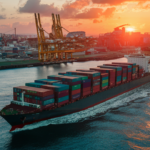








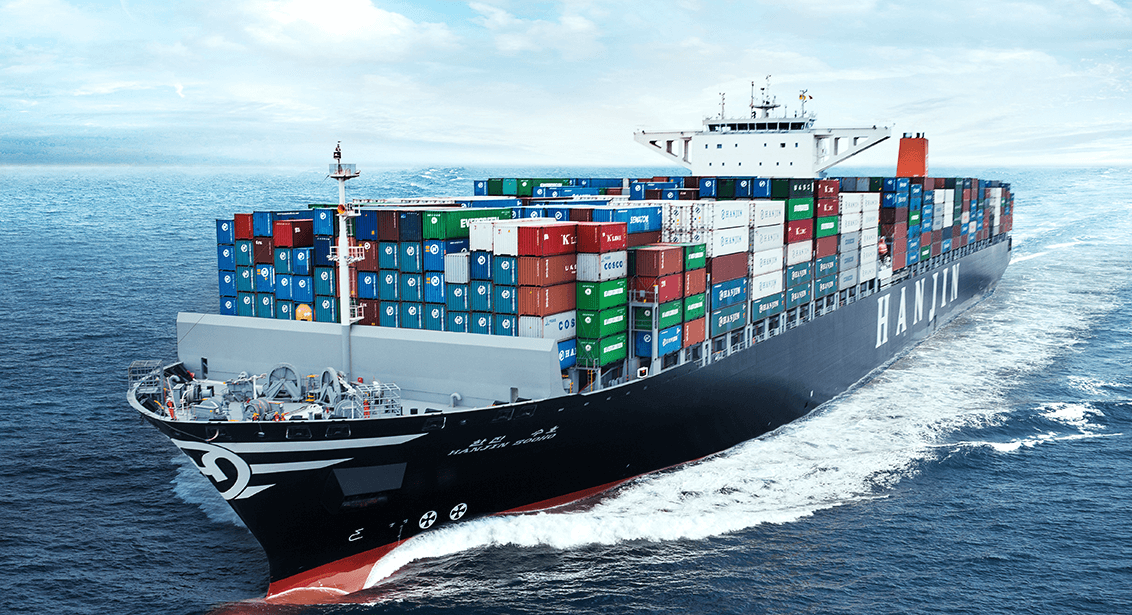
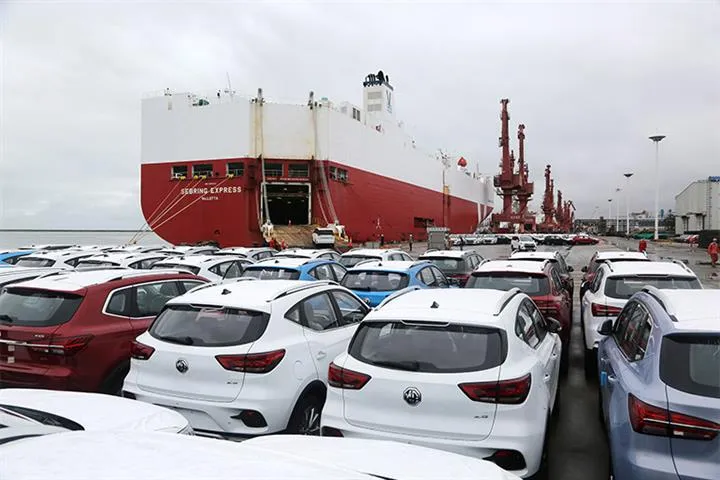

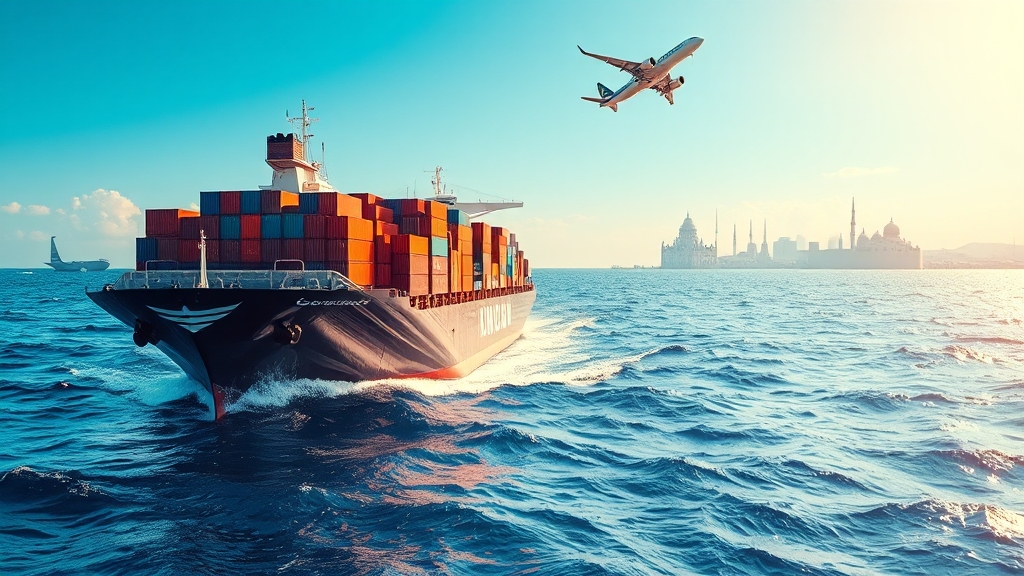
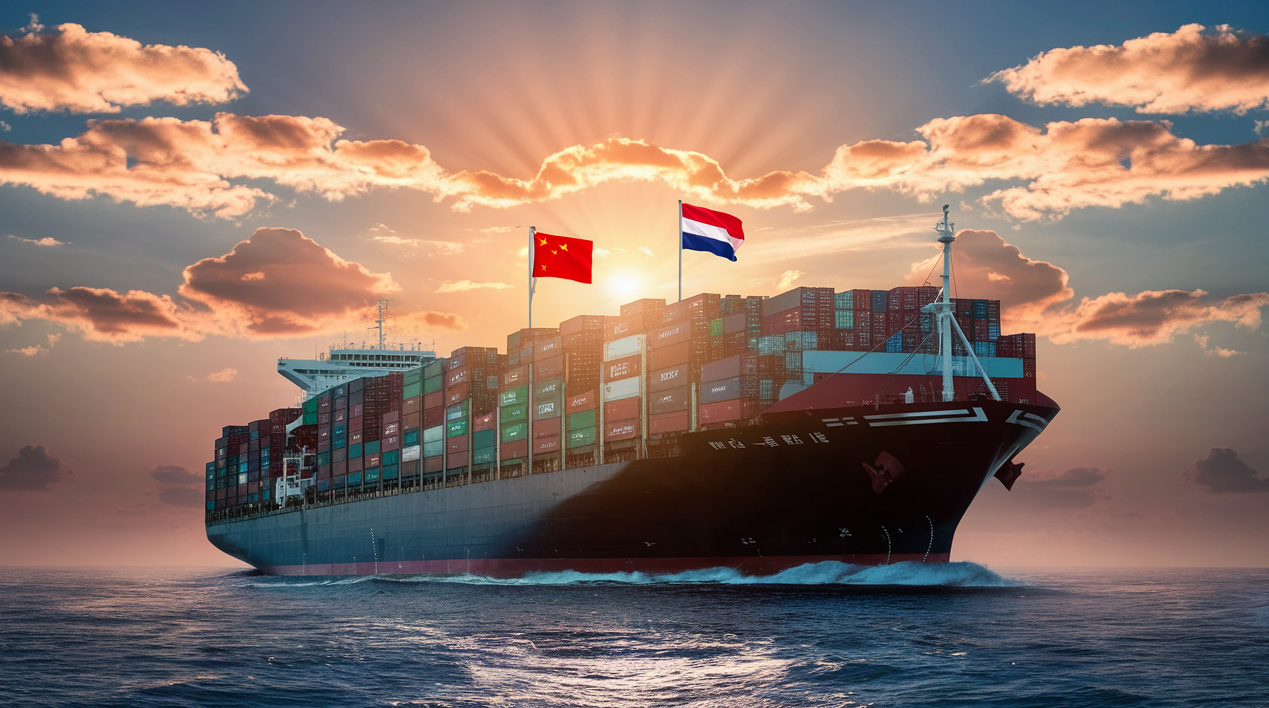





 Afrikaans
Afrikaans Shqip
Shqip አማርኛ
አማርኛ العربية
العربية Հայերեն
Հայերեն Azərbaycan dili
Azərbaycan dili Euskara
Euskara Беларуская мова
Беларуская мова বাংলা
বাংলা Bosanski
Bosanski Български
Български Català
Català Cebuano
Cebuano Chichewa
Chichewa 简体中文
简体中文 繁體中文
繁體中文 Corsu
Corsu Hrvatski
Hrvatski Čeština
Čeština Dansk
Dansk Nederlands
Nederlands English
English Esperanto
Esperanto Eesti
Eesti Filipino
Filipino Suomi
Suomi Français
Français Galego
Galego ქართული
ქართული Deutsch
Deutsch Ελληνικά
Ελληνικά Kreyol ayisyen
Kreyol ayisyen Harshen Hausa
Harshen Hausa Ōlelo Hawaiʻi
Ōlelo Hawaiʻi עִבְרִית
עִבְרִית हिन्दी
हिन्दी Hmong
Hmong Magyar
Magyar Íslenska
Íslenska Igbo
Igbo Bahasa Indonesia
Bahasa Indonesia Gaeilge
Gaeilge Italiano
Italiano 日本語
日本語 Basa Jawa
Basa Jawa ಕನ್ನಡ
ಕನ್ನಡ Қазақ тілі
Қазақ тілі ភាសាខ្មែរ
ភាសាខ្មែរ 한국어
한국어 كوردی
كوردی Кыргызча
Кыргызча ພາສາລາວ
ພາສາລາວ Latin
Latin Latviešu valoda
Latviešu valoda Lietuvių kalba
Lietuvių kalba Lëtzebuergesch
Lëtzebuergesch Македонски јазик
Македонски јазик Malagasy
Malagasy Bahasa Melayu
Bahasa Melayu മലയാളം
മലയാളം Maltese
Maltese Te Reo Māori
Te Reo Māori मराठी
मराठी Монгол
Монгол ဗမာစာ
ဗမာစာ नेपाली
नेपाली Norsk bokmål
Norsk bokmål پښتو
پښتو فارسی
فارسی Polski
Polski Português
Português ਪੰਜਾਬੀ
ਪੰਜਾਬੀ Română
Română Русский
Русский Samoan
Samoan Gàidhlig
Gàidhlig Српски језик
Српски језик Sesotho
Sesotho Shona
Shona سنڌي
سنڌي සිංහල
සිංහල Slovenčina
Slovenčina Slovenščina
Slovenščina Afsoomaali
Afsoomaali Español
Español Basa Sunda
Basa Sunda Kiswahili
Kiswahili Svenska
Svenska Тоҷикӣ
Тоҷикӣ தமிழ்
தமிழ் తెలుగు
తెలుగు ไทย
ไทย Türkçe
Türkçe Українська
Українська اردو
اردو O‘zbekcha
O‘zbekcha Tiếng Việt
Tiếng Việt Cymraeg
Cymraeg יידיש
יידיש Yorùbá
Yorùbá Zulu
Zulu